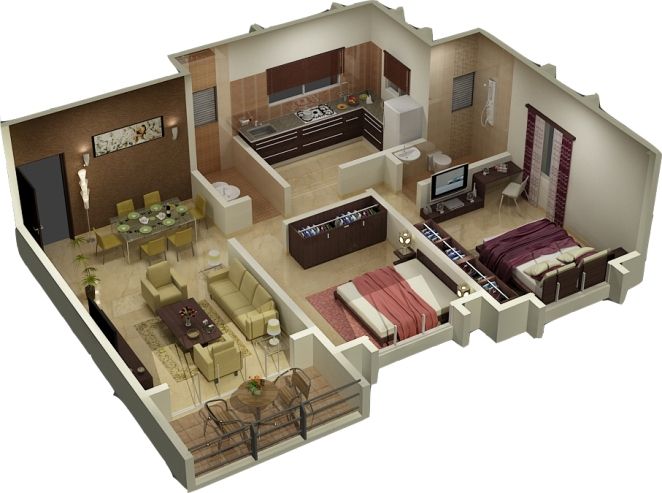Building inspections incoming for properties with issues
Inspectors perform vital post-disaster assessments to evaluate structural integrity, moisture intrusion, smoke contamination, or other impacts that could make a building unsafe or uninhabitable if left unchecked. Inspectors have the tools and expertise to get into areas like attics, crawlspace, and behind walls to look for hidden dangers. Things like water-soaked and weakened framing, smoke residues in ductwork, damaged roofing, or shifted foundations may go unseen. But their trained eyes spot these problems that could pose serious risks down the road if not repaired properly.
Real estate transactions and disclosure
Then you need a professional inspection. For buyers, an inspection helps them understand any existing deficiencies so they proceed accordingly, obtain further evaluations if needed, or potentially negotiate repairs with the seller. For sellers, an inspection helps them disclose property conditions fully and make repairs to avoid future liabilities. The real estate industry requires disclosure of known issues and defects with properties. Inspections give all parties a clear picture of a home’s condition. Instead of dealing with surprises and legal disputes after closing, inspections bring transparency to real estate transactions and help facilitate successful transfers of property hop over to this website vitalbuildinginspection.com.au for building inspections Sydney.
Aging buildings and capital planning
- Has your home or commercial building been around for several decades? Then an inspection is recommended every few years to assess aging systems, structures, and materials that may be nearing the end of their life cycles. Thorough inspections prioritize capital expenditures and maintenance needs so you properly budget and plan.
- For homeowners, an inspector determines which big-ticket items like roofs, HVAC systems, windows, etc. will need replacing and approximately when. That empowers you to save up over time instead of getting hit unexpectedly with huge repair bills.
- For property managers and building owners, inspections create capital reserve studies and maintenance road maps so you forecast and set aside funds for replacing items like roofs, plumbing systems, parking lots, elevators, and other common elements before they completely fail.
Condominium inspections and reserve
Speaking of multi-unit properties, condominiums are required to have periodic inspections and well-funded reserve accounts based on their findings. The discovered issues are categorized based on their severity and remaining lifespan, with contribution percentages assigned to fund and schedule their replacement. These inspection reports form the legal basis for managing condo finances. Condos face special assessments or even dissolve entirely if their reserve funds become severely underfunded, and major repairs aren’t budgeted for properly.
Handling moisture intrusion
Water damage and moisture issues gradually develop unseen within the envelopes of residential and commercial buildings. If not caught early, the problems escalate into expensive repair scenarios, potential structural damage, mold growth, and air quality hazards that make properties unsafe and unlivable.
Licensed inspectors are specially trained in detecting moisture intrusion using instruments like thermal imaging cameras and moisture meters. They know where to look and what signs indicate the presence of water damage, leaks, and conducive mold conditions within wall cavities, subfloors, attics, and crawlspaces.
Construction defect assessments
When brand-new residential developments, condos, or commercial buildings start exhibiting issues like water leaks, HVAC failures, window defects, structural deficiencies, and more, those could be indicative of larger-scale construction defects that must be assessed and resolved. It’s critical to bring in inspectors and building experts to methodically review all construction activities for any errors or deficiencies as soon as performance problems show up. They’ll inspect for code compliance issues, installation mistakes, compatibility problems between materials, inadequate waterproofing, and more that create defects and ongoing maintenance nightmares if left unchecked.




